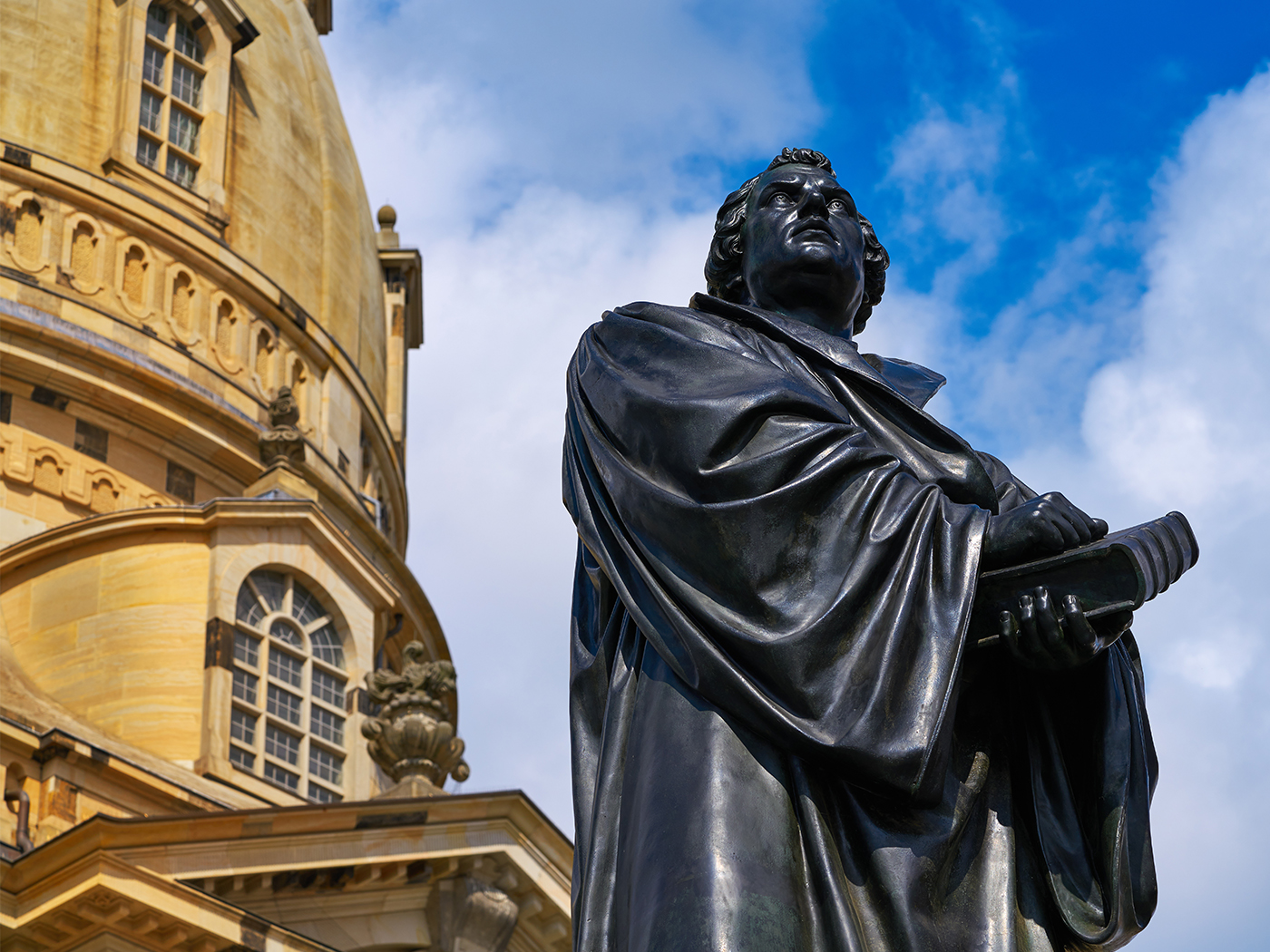Many in the Church see the origins question as something peripheral, an unimportant side issue. But ideas have consequences, and clearly macroevolution has spawned a number of practices which can devastate individual lives and society in general.
One of the fruits of evolutionary teaching, is the unscriptural and unscientific idea that man is a highly evolved animal, having slowly evolved from lower forms of life over vast eons of time. Tragically, this is the only model the public hears. So, while the secular community warns of “creationist know-nothings,” it would be well to see what the alternative, evolutionism, offers.
“. . . we should come to terms with the idea that we belong to a highly specialized group of bony fishes.”
-J. G. Maisey of the American Museum of Natural History, 1996“In the past ten years we have come to realize humans are more like worms than we ever imagined.”
Bruce Alberts, National Academy of Sciences, 1998
A very real problem in society today is suicide of young people in distressingly high numbers. It is clear that when they are taught statements like the above, and that they “. . . share a common heritage with earthworms” (Biology: Visualizing Life, 1994), ideas of a meaningful life quickly fade. Despair sets in as they ask if there is no greater purpose to life? The evolutionary worldview answers in the negative. “Evolution is random and undirected . . . without either plan or purpose . . .” (Biology, Prentice Hall, 1992). These last two quotes come from taxpayer-purchased high school textbooks. Liberal syndicated columnist Barbara Reynolds said it best when she wrote: “One philosophy preaches happenstance with mayhem as a conclusion; the other, divine order. One suggests the survival of the fittest; the other, a commitment to serve the weakest and sickest among us” (August 31, 1993).
All people need to be told of the value they have in God’s eyes and that He has a plan and purpose for their life. Such is the wonderful message of the Gospel, and the message of creation.













